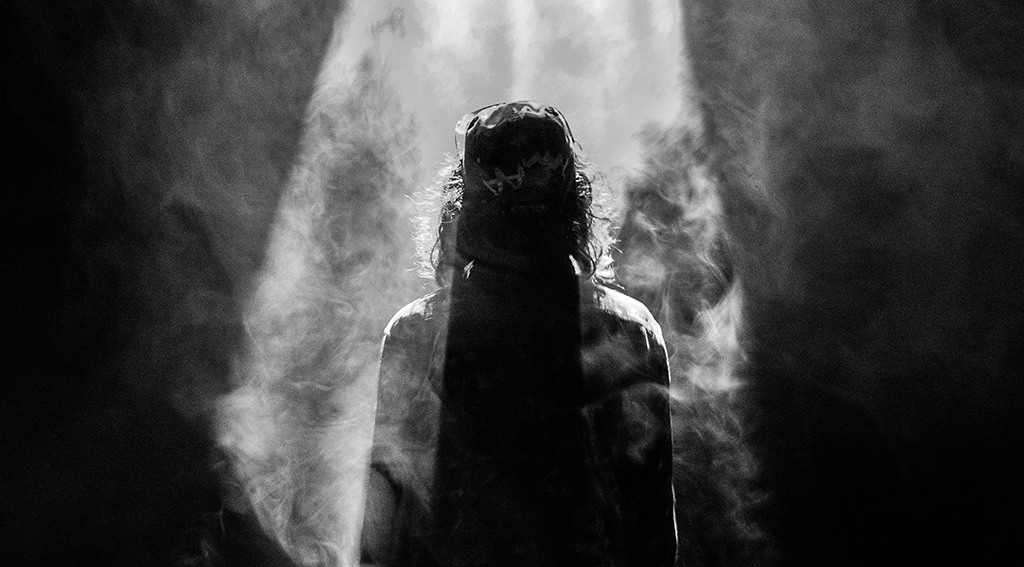It’s normal to be triggered by the threat of being left, even when we’ve done the inner grief and anger work from past neglect. The trick is not knee-jerk reacting to the trigger
Harboring an abandonment wound, especially when it’s unreckoned and unintegrated, can cause us to knee jerk, ultimately sabotaging us. We end budding connections hastily or bail on enduring relationships before the alchemy can truly begin.
When there’s an extreme fear of being abandoned, it’s hard to be vulnerable and give yourself to love. It’s also hard to give as much as you might receive because that means you’ve invested and may become attached, which activates the fear of abandonment pain.
There’s also a tendency to cut things off, knee-jerk style, before talking about and attempting to resolve them. Or before hearing another’s truth. Because we’re afraid they might leave us first. So, we try to leave first, to protect ourselves. In the process, we don’t show up for the real work of relating. We short-circuit it, as slaves to our fear. I’m not talking about leaving an abusive or genuinely bad relationship, but of prematurely leaving when we haven’t yet given our fair contribution of courage, care, and consciousness.
Sometimes, all it takes is a small abandonment, or perception of it—like your partner missing a date, breaking a minor agreement, or otherwise not showing up for some reason. Often, it’s just a misunderstanding. But your hidden inner child perceives it as a major threat, signaling huge danger—propelling you to leave . . . lest you risk being left.
You may stave off the sting of being left, but at the greater cost of growing down to grow up.
Especially when relationships hit the conflict stage, it’s tough to work it out with someone who is afraid of being left, because they won’t really be able to be vulnerable….to wait in those unknown spaces where the relationship is transforming….the places that require patience and resilience and courage. Not knee-jerking, or at least not for too long. These places are almost impossible to bear if you harbor unreckoned childhood abandonment. The extreme manifestation of the same fear is being too afraid to get into a relationship at all, for fear of it ending.
Relationships often go through little deaths on their way to depth, greater intimacy, and commitment. This requires hanging in there, in the unknown, not bailing just because it’s scary or because you fear the other person might leave. Realizing all this, I have practiced hanging in there, even for “too long,” sometimes, if only to expose my own abandonment fears, so I can embrace and heal through them. Ultimately, being left, more than leaving, has helped me heal.
If you are always the one to leave a relationship, you might consider staying and facing your fears. On the other hand, if you’re one who stays too long, you might practice leaving sooner. Getting support in either scenario form a therapist or good friend/s is usually a good idea. No tjust to help save your relationship but to help you grow into your own sovereignty.


